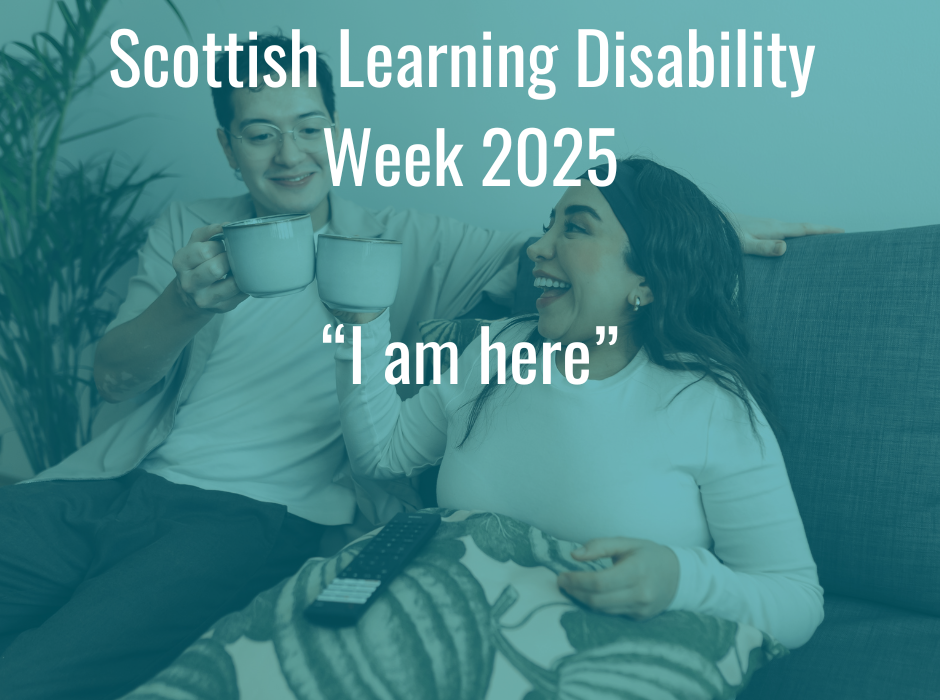Next week we will mark Scottish Learning Disability Week in the way we always do – by showcasing and celebrating the people we support, the lives they lead and the part they play in our communities. But this year, we also need to take this opportunity to talk about how precarious all this feels.
Many disabled people depend on social care and support services to live independently and be a part of their community – and social care is in crisis. From our own perspective as a service provider, we see the lack of investment, the gap between what people need and what is available to them, and a lowering of standards as to what acceptable levels of care and support look like.
This crisis was clearly set out in a recent Herald On Sunday article, which showcased the experiences of a wide range of social care providers. It referenced an open letter to the First Minister from CCPS (Coalition of Care and Support Providers Scotland), signed by 240 social care providers, ourselves included. The message is clear and resounding; we are at significant risk of losing many of the organisations that provide the very support that disabled people rely on, and worse, we have no indication from our Government that they have any plans to help.
The current Scottish Government programme of public service reform, and specifically the health and social care service renewal framework, is all but silent on the action that is needed in our sector. At the same time, the narrative throughout this programme is about prevention – services acting early enough to prevent crisis and more costly (in both financial and human terms) intervention later. The idea is solid, and has been acknowledged as the way forward for years, but not only have we failed to make the shift in public sector spending priorities, we are leaving the very services needed to deliver this goal, to burn.
After their plans for a National Care Service collapsed, the recommendations by the Independent Review of Adult Social Care (IRASC) – that social care should be positioned as an investment rather than a burden, that it should be built on a human rights approach, that there should be clear accountability between local and national government – seem to have been forgotten. The NCS was never going to be enough to deliver everything that was needed, but it was the only opportunity put forward, and now even that is gone.
So this week, we want to consider how we’ve got here, and ask – do we really think this is good enough? And next week, as we celebrate Scottish Learning Disability Week, we have to keep in mind that these people, and the services they rely on, are valuable, they are at risk, and we are not doing a good enough job of protecting them.
Faye Keogh, Policy Officer, Turning Point Scotland

